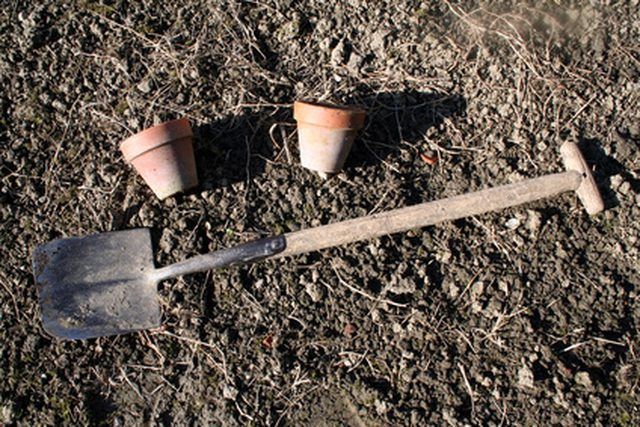Bulbs
Flower Basics
Flower Beds & Specialty Gardens
Flower Garden
Garden Furniture
Garden Gnomes
Garden Seeds
Garden Sheds
Garden Statues
Garden Tools & Supplies
Gardening Basics
Green & Organic
Groundcovers & Vines
Growing Annuals
Growing Basil
Growing Beans
Growing Berries
Growing Blueberries
Growing Cactus
Growing Corn
Growing Cotton
Growing Edibles
Growing Flowers
Growing Garlic
Growing Grapes
Growing Grass
Growing Herbs
Growing Jasmine
Growing Mint
Growing Mushrooms
Orchids
Growing Peanuts
Growing Perennials
Growing Plants
Growing Rosemary
Growing Roses
Growing Strawberries
Growing Sunflowers
Growing Thyme
Growing Tomatoes
Growing Tulips
Growing Vegetables
Herb Basics
Herb Garden
Indoor Growing
Landscaping Basics
Landscaping Patios
Landscaping Plants
Landscaping Shrubs
Landscaping Trees
Landscaping Walks & Pathways
Lawn Basics
Lawn Maintenance
Lawn Mowers
Lawn Ornaments
Lawn Planting
Lawn Tools
Outdoor Growing
Overall Landscape Planning
Pests, Weeds & Problems
Plant Basics
Rock Garden
Rose Garden
Shrubs
Soil
Specialty Gardens
Trees
Vegetable Garden
Yard Maintenance
How to Sell Compost
How to Sell Compost. Selling compost creates monetary benefit and educational value. Hearing about environmentally sound growing practices regarding the application of compost benefits growers and the earth. Compost often has higher nutrient values than the materials it replaces, such as peat moss, fungicides, top dressings and fertilizers....

Selling compost creates monetary benefit and educational value. Hearing about environmentally sound growing practices regarding the application of compost benefits growers and the earth. Compost often has higher nutrient values than the materials it replaces, such as peat moss, fungicides, top dressings and fertilizers. Informing the buying public of these advantages is worthy of focus and customer instruction. Novel selling markets are available to creative producers who always look for new methods to inform the public of compost benefits and appealing savings.
Invest in marketing a high-quality product by employing optimum production and storage procedures. Do not allow finished compost to sit in water or be piled too high. Keep your product in top condition.
Test your compost in a laboratory so that you can tout the advantages of your product factually. Local agricultural extension offices will assist you in this procedure.
Examine the customers' requirements and application situations; market to these situations.
Read trade journals and continuously educate yourself about sales trends.
Interact with potential buyers and sell the virtues of your compost product. This may include trade shows, telephone conversations and advertising in local papers. Disseminate information concerning your location and provide education on the advantages of your product.
Create a brand identification; this will increase the value of the compost product and establish it with meaning in the customer's mind.
Register your product with the state department of agriculture . Obtain a seal of testing assurance from the U.S. Composting Council. (See Reference 1.)
Keep freight costs low by planning deliveries with larger vehicles. Coordinate deliveries to optimize use of larger vehicles. Transportation costs should stay within a 50 miles area for bulk sales and 200 miles for bagged products.
Speak at association events and community forums. Be alert to other opportunities to elevate your product. Donations to public events will produce acceptance and positive associations with your brand. Receiving recognition from a third party becomes impartial advertising to the buying public that money can't buy. Focus on educational opportunities to the public; demonstrate the benefits of your compost whenever possible.
Provide quantity discounts; loss leader pricing involves giving away an amount of product with a set value of purchase; an example is a free bag with every $50 purchase.
Send news releases to local papers to inform the public of any changes in personnel, product or other adjustments to your business format.
Keep product quality high; use quality control measures.
Make certain the service is always exceptional.
Analyze the strengths, weaknesses, opportunities and threats (SWOT) of your business plan and product.